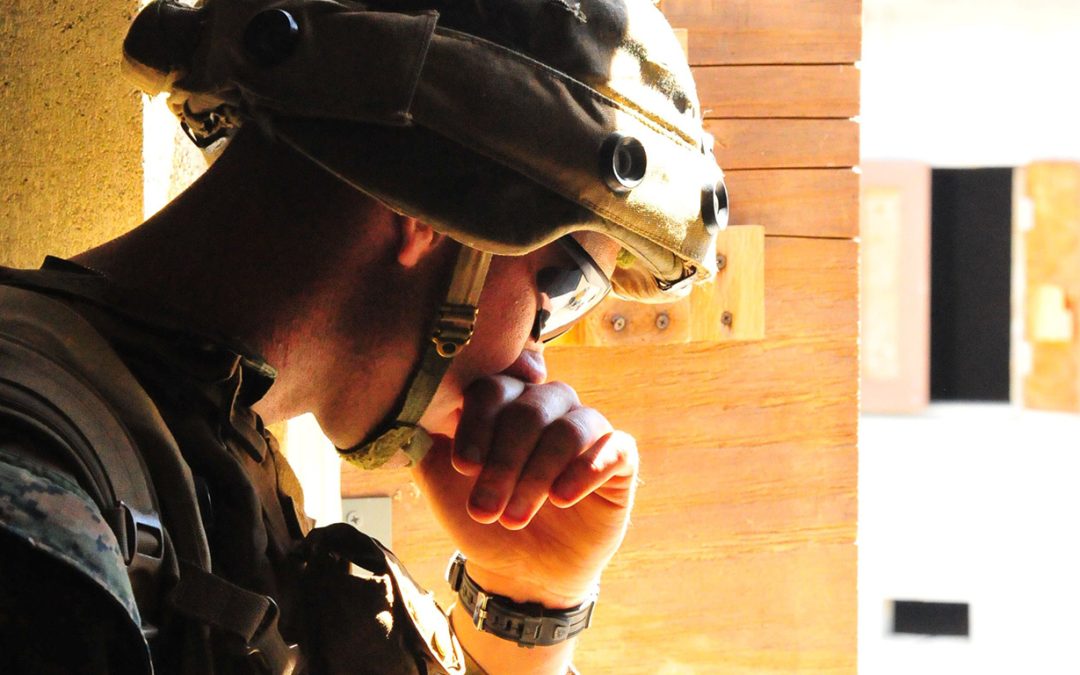By Bill Galvin
In December the Navy issued new conscientious objector regulations, Milpersman 1900-020. It is essentially the same as the previous version, with some reorganization and minor changes in wording to bring it more in alignment with DODI 1300.06, which was revised in 2017. There are two substantive changes.
The previous version (dated 22 August 2002) was not consistent with DOD policy in that it stated, “Claims growing out of the experiences prior to entering military service but which did not become fixed until after entry into the service will not be considered” (para. 3.b.). Of course, conscientious objectors must show how their beliefs ‘crystallized’ after joining the military, but often experiences prior to military enlistment (such as going to church and hearing sermons about loving your enemy) lay the foundation for a crystallization of beliefs once in the military. This could be cited by the Navy as grounds to deny such a claim, and we are aware of a case in which that very thing was done.
In the updated Milpersman, that section has been replaced with this: “Nothing contained in this article renders a member, who possessed conscientious objector beliefs before entering military service, ineligible for classification as a conscientious objector if: (1) Such beliefs crystallized after receipt of an induction notice. . .” which is identical to language in the DOD Instruction.
The other change is a new section that has been added:
[Para] 3. Who is Not Eligible.Service members who have outstanding obligated service (OBLISERV) dates due to transferability of Post 9/ 11 GI Bill benefits.
a. Service members, whose dependents have not already used Post 9/11 GI Bill benefits, may revoke transferability of benefits and resubmit their requests for separation with proof of revocation.
b. Service members, whose dependents have already used Post 9/ 11 GI Bill benefits transferred from the them, are not eligible for voluntary separation.
Note: Service members who have transferred Post 9/11 GI Bill benefits and have satisfied OBLISERV requirements are exempt from this restriction and may submit requests for voluntary separation under this article. (Boldface in original.)
What is OBLISERV? Those who qualify for the post 9-11 GI Bill can transfer their benefits to a family member if approved. In order to transfer their benefits the sailor must have been in for at least 6 years, and agree to serve for another 4 years.
So this new section means that if a sailor has transferred their GI Bill to a family member, and the family member has used it, the sailor cannot apply for CO discharge until he or she has served the additional 4 years. This is a violation of the Religious Freedom Restoration Act (RFRA) as well as DODI 1300.06, which states, “A Service member may be granted an administrative separation, or restriction of military duties, due to conscientious objection before completing his or her obligated term of service based on the Service member’s respective Military Department’s judgment of the facts and circumstances in the case” (DoDI 1300.06, paragraph 1.2. POLICY). This Navy regulation would prevent some sailors from having their case considered, regardless of the “facts and circumstances of the case.”
Since DODI 1341.13 (Enclosure 3, para 3.g.) provides for the recoupment of “overpayment of educational assistance” for those who transfer their benefits yet do not complete the four years of required service, this addition to the regulation amounts to nothing more than a bias against COs.
Similarly, in 2017, the Air Force updated its CO instruction (AFI 36-3204). The new version prohibits members of the “non-participating” IRR from applying. This would exclude, for example, doctors still in training. When contacted by COs in this exact situation, CCW questioned the drafters of the new AFI and were told it was just an oversight. They weren’t considering that there could be people in the IRR who were at the beginning of their career and hadn’t yet begun their active military obligation, rather than at the tail end of their obligation, which is where most people are when they are placed in the IRR. We challenged it, and the COs in the non-participating IRR were allowed to apply, but the instruction has not been changed or updated.
A comparable situation can occur here. CCW will alert PERS to the error, but even if the Milpersman is not corrected, any CO finding themselves in this situation should petition for their right to apply for discharge or noncombat status as a conscientious objector.
Bill Galvin is Counseling Coordinator with the Center on Conscience & War in Washington, DC, and serves on the board of directors of the GI Rights Network.



